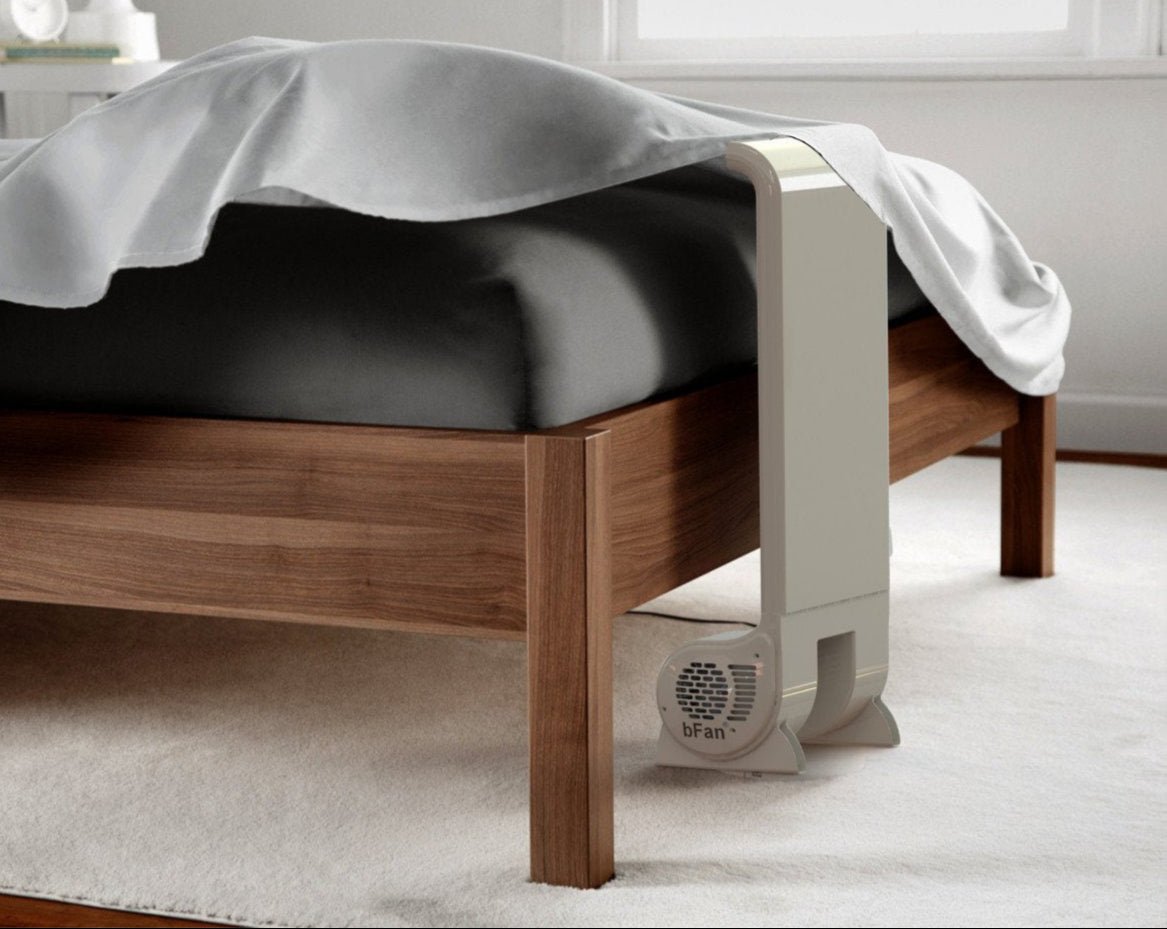Endometriosis and Night Sweats
Night sweats are commonly defined as very heavy sweating episodes that occur at night and can even soak the bedding. Night sweats can also cause the person suffering from them to wake up frequently throughout the night, which can cause a loss of sleep over time. What is unique about night sweats is that they do not come from an external cause such as heavy blankets or a hot room. Instead, night sweats are caused by a variety of different things.
The most common cause of night sweats is menopause. Menopause marks the end of a woman's menstrual cycle and occurs 12 months after their last period. Menopause consists of a change in multiple hormones that play roles in the female reproductive system, especially estrogen and progesterone. The difference in hormone levels that menopause causes a number of different symptoms, such as hot flashes, chills, mood changes, and night sweats. Similarly, the hormonal changes accompanying pregnancy, periods, and endometriosis can cause night sweats and other symptoms.
Endometriosis is a disorder that occurs when tissue similar to the inner lining of the uterus grows outside of the uterus. The lining, which is called endometrium, plays a significant role in women's reproductive health. For example, endometrium supports the fetus's growth during pregnancy or is shed during a woman's period when no fertilized egg has been implanted into it. When the endometrium-like tissue grows outside of the uterus, generally onto the fallopian tubes and ovaries, it can cause many side effects. The most common side effect of endometriosis is pain, specifically with periods, intercourse, bowel movements, and urination. Excessive bleeding can also occur during periods because of endometriosis. Up to 30% to 50% of women with endometriosis will also struggle with infertility. Other less common symptoms are diarrhea, constipation, nausea, bloating, fatigue, and even night sweats.
Endometriosis causes night sweats in a similar way that pregnancy and menopause do: hormonal changes. However, endometriosis specifically causes it through a hormonal imbalance, where estrogen levels are too high. The high levels of estrogen are also behind the mood changes that can come with endometriosis. It can also cause hot flashes, which are intense feelings of warmth that spread over the upper chest and neck. Hot flashes can also cause the skin to redden, and chills can occur after it ends.
The most important thing to do if you suspect you have endometriosis which is causing night sweats, is to contact your doctor to confirm it. Luckily, there are many at-home ways to help relieve night sweats. The first thing you can do to help is to use a lighter comforter, such as a quilt, on your bed. This helps prevent you from overheating even more during the night. You should also use light, breathable clothing to help keep your body cool. Keeping a glass of cold water on your bedside to sip on when you wake up too hot can also help cool down your body. The most important thing you can do to reduce night sweats is to keep your room cool. This can be a troubling task for many people as air conditioning can be very pricey, especially during the summertime. This is why the BedFan is so helpful, as you just plug it in and let it run, blowing cooling air directly over your body.
Share
This was very helpful, thank you very much. <3

